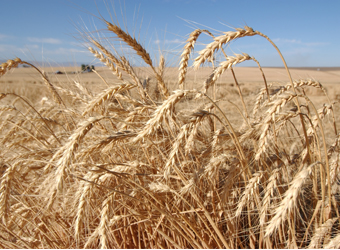Egypt, the world’s largest wheat importer, is studying the rejection of a 63,000 tonne Romanian wheat cargo at the Red Sea port of Safaga, a source with direct knowledge of the matter told Reuters on Monday.
The shipment, purchased by state grain buyer GASC, was found to contain poppy seeds by Egypt’s agricultural quarantine authority, the source added.
If re-exported, the cargo would be the first GASC wheat purchase to be turned away from an Egyptian port since a French wheat cargo was rejected for containing the common grain fungus ergot in 2015, setting off a year-long row over import requirements that hindered the country’s massive grain trade.
A final decision on the cargo will be made by Tuesday, another source said.
“Some types of poppy seeds cannot be sieved so it would have to be rejected,” the source said.
Egypt’s agriculture ministry was not immediately available for comment.
Faced with mass boycotts of its state tenders after rejecting a number of shipments for containing ergot, a fungus which can lead to hallucinations and irrational behaviour but is harmless at trace levels, Egypt later adapted its rules in line with international norms.
It introduced a streamlined inspection system, reversed a zero-tolerance policy on ergot and no longer sends government inspectors abroad ships to approve cargoes.
But the inspection system was thrown into limbo in June when an Egyptian court decided to suspend it, though the government has yet to implement that order and is appealing the decision.
Source: Reuters


